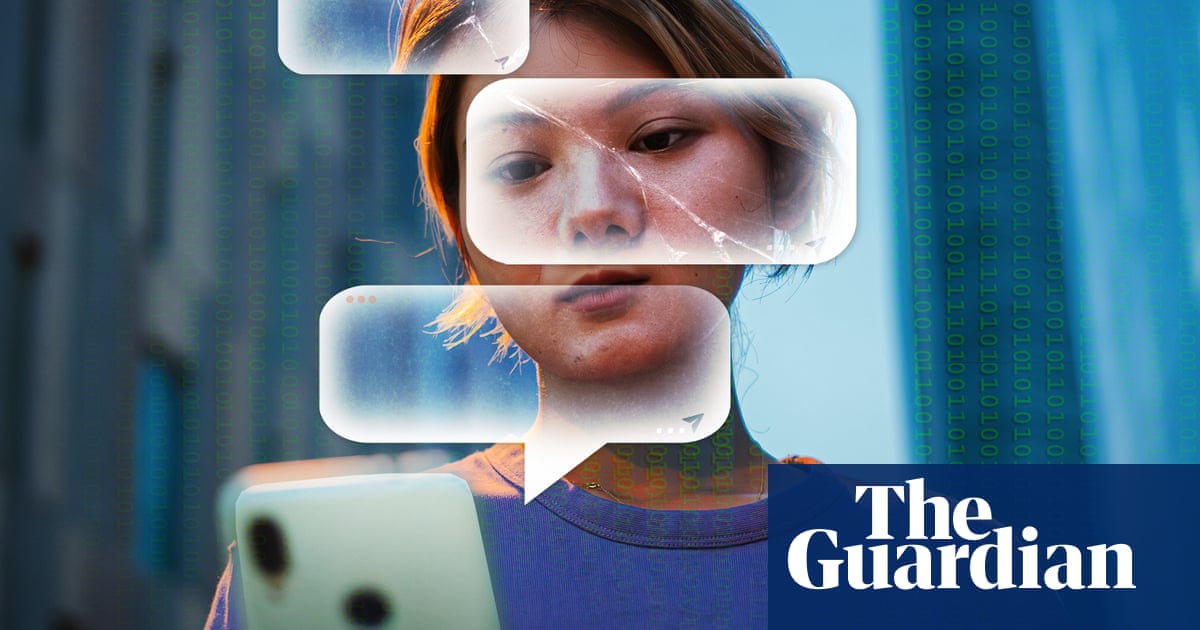
""In China, Yang, a 25-year-old Guangdong resident, had never seen a mental health professional and started talking to an AI chatbot earlier this year. She says it was difficult to access mental health services, and she couldn’t contemplate confiding in family or friends. Telling the truth to real people feels impossible, she says.""
""Experts say there is huge potential for AI in the mental health sector, but are concerned about the risks of people in distress turning to the technology instead of human beings for medical assistance.""
The article discusses the growing trend of individuals in Taiwan and China turning to AI chatbots like ChatGPT for mental health support due to barriers in accessing human therapists. Ann Li and Yang’s experiences highlight how societal stigma and limited access to mental health services have led many to prefer AI conversations. Experts are concerned about the implications of relying on AI instead of qualified professionals, as rates of mental illness rise among younger populations. Chatbots provide a more accessible, affordable, and discreet way to receive psychological assistance, but could lead to inadequate care for users in distress.
Read at www.theguardian.com
Unable to calculate read time
Collection
[
|
...
]